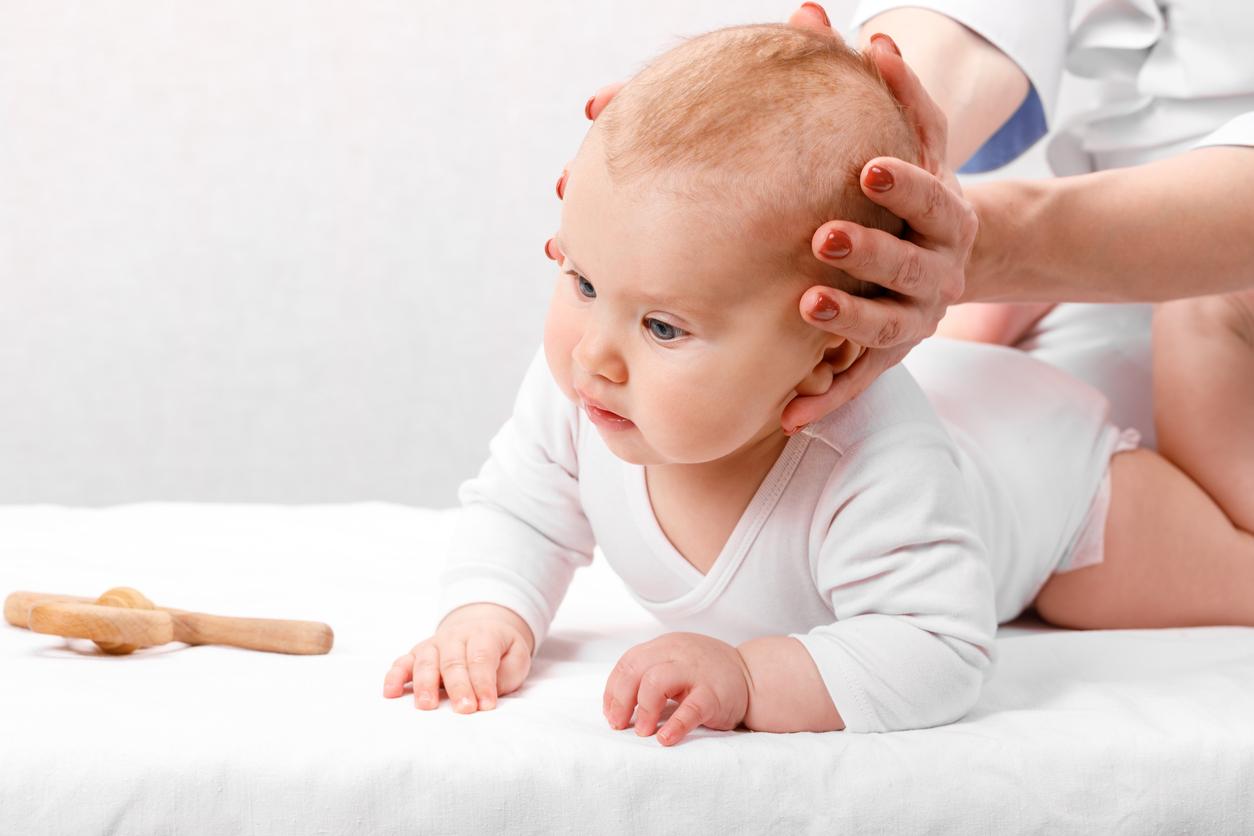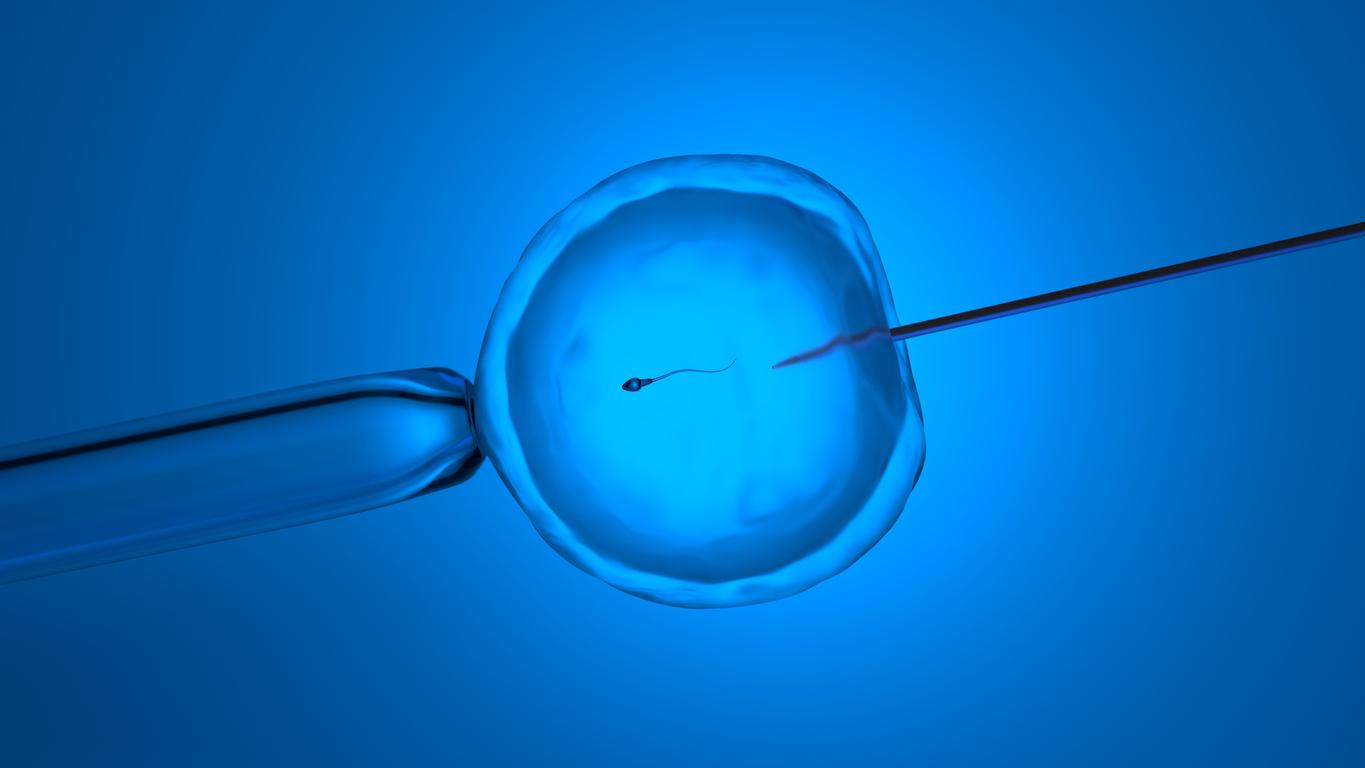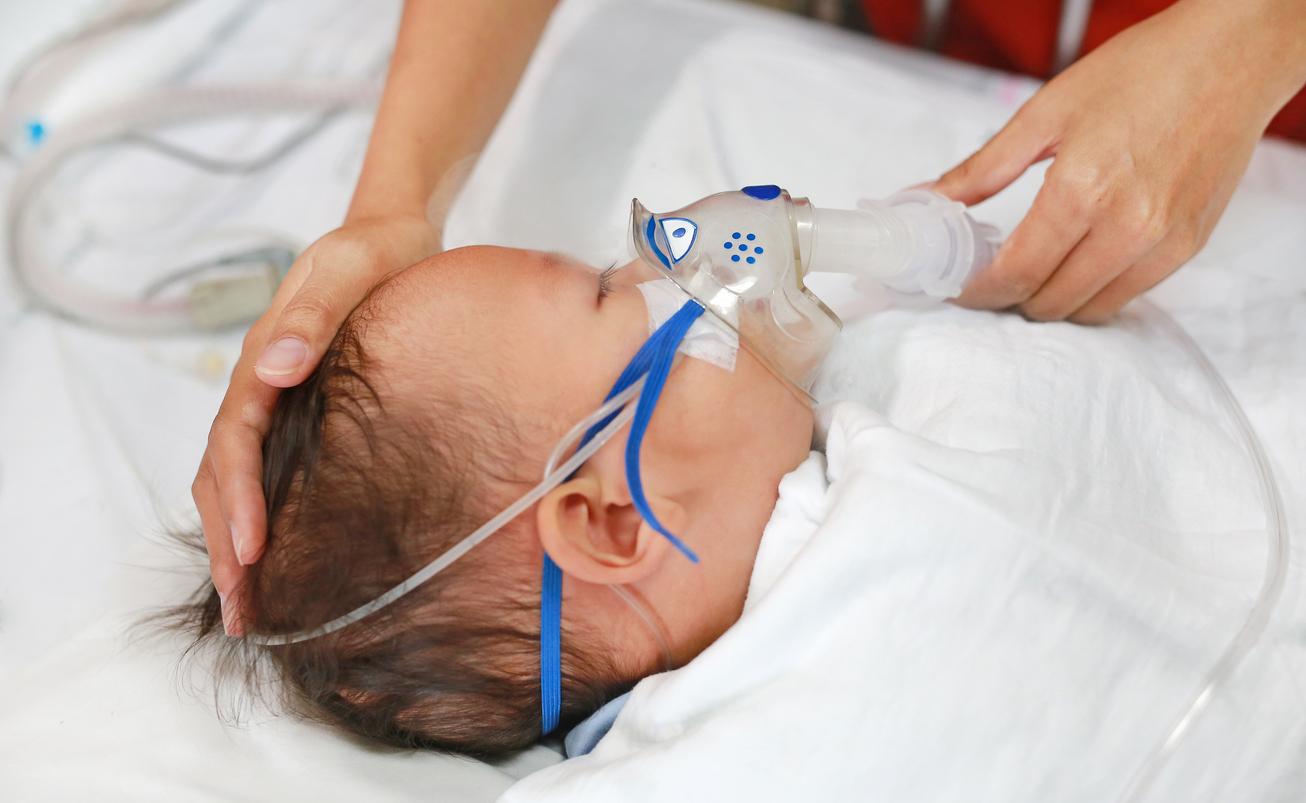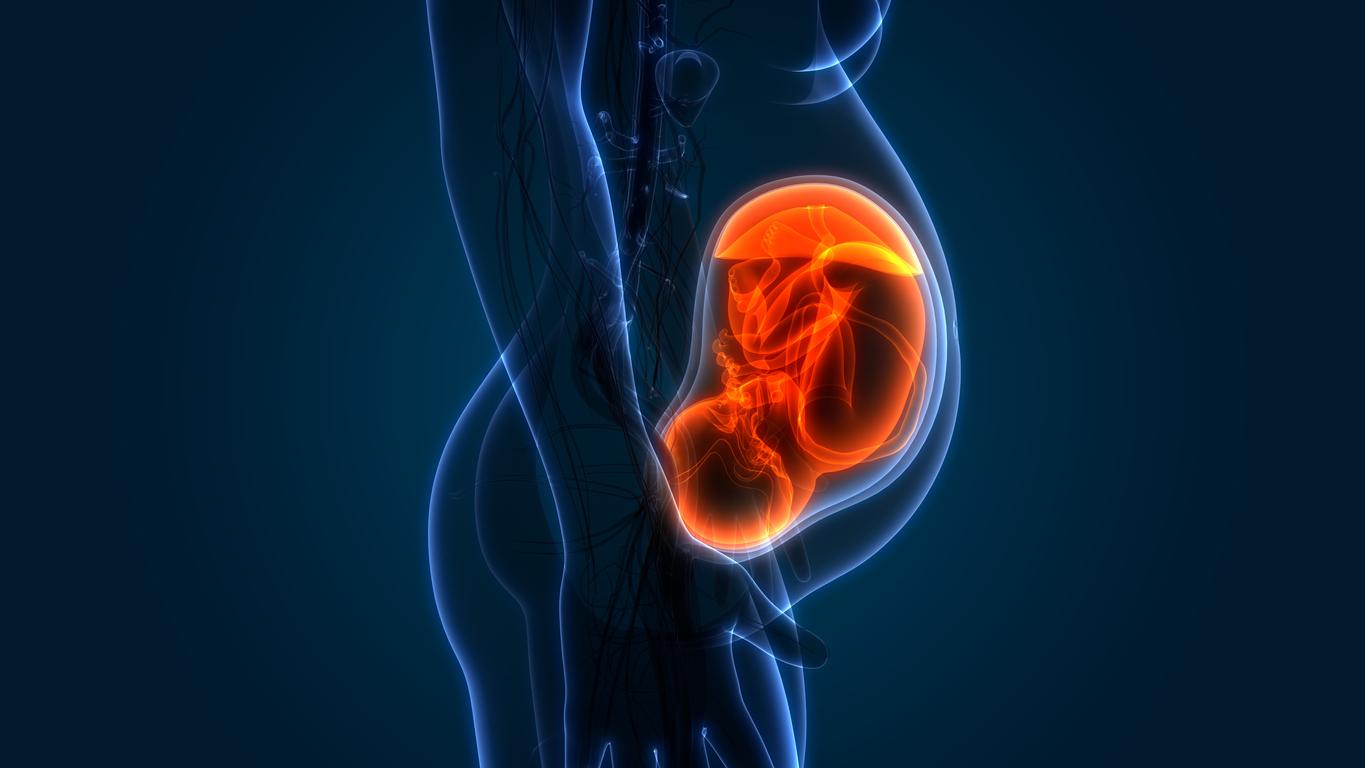EctoLife Artificial Womb advertises itself on Youtube as the world’s first artificial womb company. In addition to the gestation of babies, she would have the ability to genetically modify the embryos in order to avoid certain genetic diseases, but also to determine their appearance. Would you be willing to use his services?
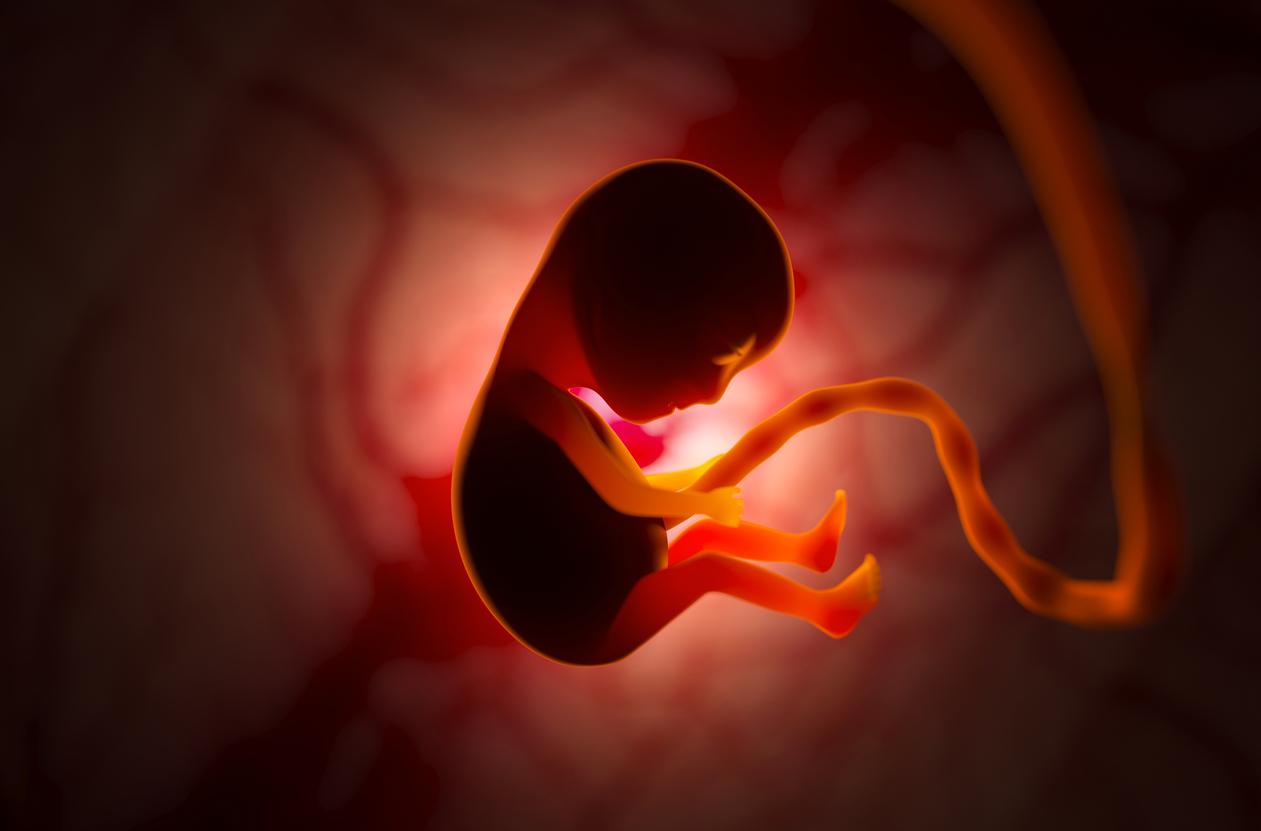
- According to the WHO, between 48 million couples and 186 million people are affected by infertility worldwide.
- The idea of an artificial uterus was first presented in the 1920s by British biologist JBS Haldane.
An 8+ minute behind-the-scenes video of EctoLife Artificial Womb, the world’s first artificial womb company, was posted on YouTube on December 9, 2022.
Baby factory: soon a reality?
It claims to be able to give birth to 30,000 babies per year thanks to its technology. The genetic codes of the embryos could also be modified in order to avoid certain diseases or to determine their eye color, their size or their IQ.
However, the images of these premises occupied by hundreds of devices containing fetuses, parents monitoring the development of their future baby thanks to an app or even scientists modifying DNA… are only fiction.
Artificial uterus factory: an anticipation video that questions
There are no immediate plans to build an EctoLife facility. Hashem Al-Ghaili, designer of this imaginary and scientific advertisement, developed this project to “start the conversation about these technologies” which, according to him, would allow infertile couples to have a biological child, reduce the risk of prematurity or even fight against the decline of the populations of certain countries. For him, this “new model of parenthood” could be possible in a few years and widespread in several decades.
He extrapolated the facilities and promises of the fictional society based on the current state of fertility research. For example, in 2020, researchers from the Wake Forest Institute for Regenerative Medicine, for example, succeeded in creating a viable artificial uterus in rabbits. The 14 females who had been implanted with this organ created from uterine cells were able to mate naturally and have normal pregnancies.
But much more than the technological prowess, the video of Ectolife leads above all to wonder about the ethical questions that such companies would pose.








